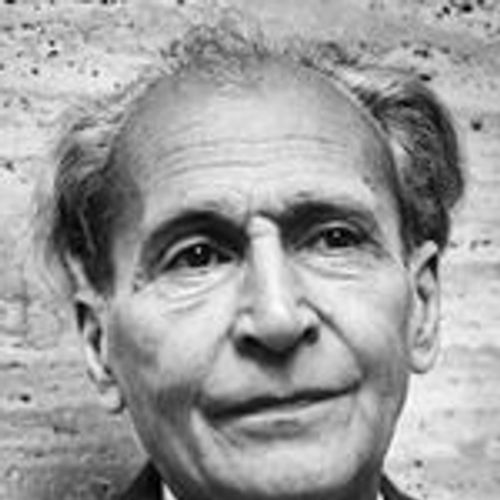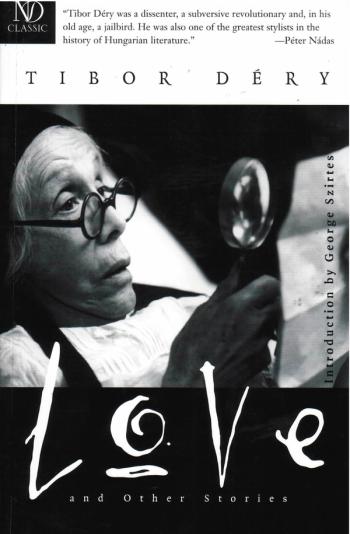Tibor Déry
Tibor Déry (1894–1977) was born in Budapest, Hungary. By 1919, he had joined the Communist Party and consequently went into exile. Returning home in 1938, he was sentenced to two months imprisonment for his translation of André Gide’s diary of a visit to Russia. After 1945, a succession of his works appeared, and he received the Kossuth Prize (Hungary’s highest arts award). But in the early 1950s, he again came under mounting official criticism for his “improper” representations of the working class and for retaining “remnants of bourgeois morals.” He was finally expelled by the party in 1956, and was then again arrested and sentenced to nine years’ imprisonment. Freed under a 1960 amnesty, he was prohibited from publishing until 1962. The cultural authorities were prepared to lift the ban only if he wrote a work of self-criticism. This he duly did in a short story. His memoirs were published in 1958. Several more novels and volumes of studies by him appeared in the 1960s and 1970s.

